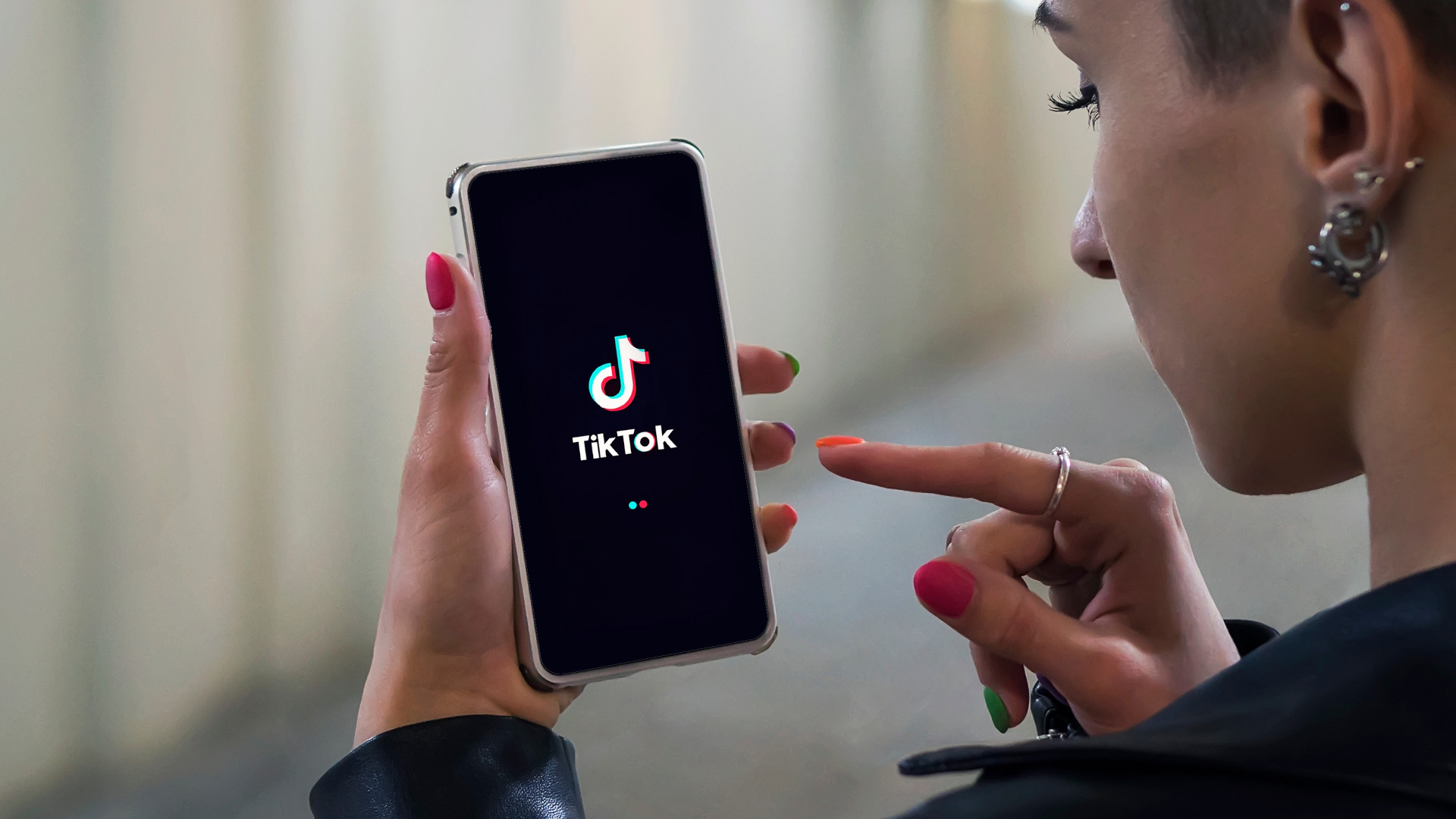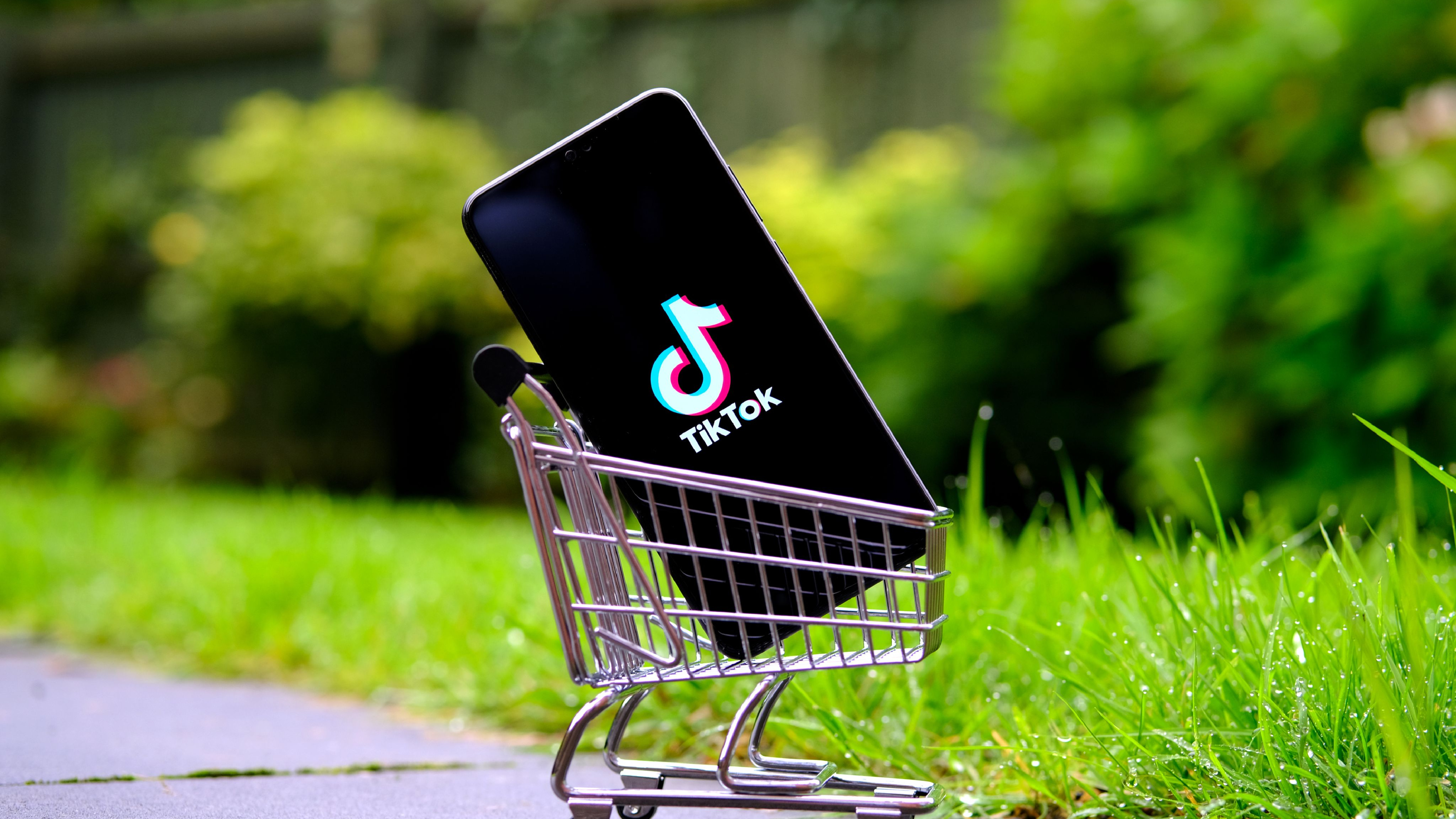TikTok banned from UK government devices
The UK has followed the footsteps of the EU, the US and Canada

UK ministries are now banned from downloading and using TikTok on their work devices.
Cabinet Minister Oliver Dowden described the decision as a "a prudent and proportionate step" part of a wider app review.
The UK joined then the footsteps of the EU, the US and Canada in restricting the use of the Chinese video-sharing app as concerns around privacy implications are growing worldwide.
At the moment of writing, the TikTok ban isn't extended to all UK citizens. However, in the US, the House Foreign Affairs Committee is getting ready to vote on an outright ban for all Americans users. This means that if the Bill passes, VPN services will be needed to keep accessing the Chinese-built app.
TikTok ban as part of wider app review
"Restricting the use of TikTok on Government devices is a prudent and proportionate step following advice from our cyber security experts," said Cabinet Minister Oliver Dowden in an official statement.
"The security of sensitive government information must come first, so today we are banning this app on government devices. The use of other data-extracting apps will be kept under review."
Perhaps the most downloaded app worldwide, TikTok is owned and operated by Chinese software company ByteDance and counts over 23 million users per month in the UK.
As concerns over how the video-sharing app might misuse users' data grow across Western democracies, the UK has decided to enforce a TikTok "precautionary ban" on government devices as part of a wider "policy on the management of third party applications."
Again, TikTok rejects such allegations.
"We believe these bans have been based on fundamental misconceptions and driven by wider geopolitics, in which TikTok, and our millions of users in the UK, play no part," a TikTok spokesperson said, Sky News reported.
"We have begun implementing a comprehensive plan to further protect our European user data, which includes storing UK user data in our European data centres and tightening data access controls, including third-party independent oversight of our approach."
TikTok isn't entirely without blame, though.
Reporters' IP address locations, including former BuzzFeed journalist Emily Baker-White and Financial Times journalist Cristina Criddle, were illegally collected in an effort to track down sources leaking internal information in December 2022.
The app is also infamous for collecting a huge amount of personal information about its users. However, this is something that TikTok argues is no different from other popular social media platforms such as Facebook, Instagram and Twitter.
Concerns over TikTok growing worldwide
The UK is just the most recent government seeking to limit the reach of Chinese-built social media apps.
On Monday February 27, Canada announced its decision to ban TikTok from government-issued devices as part of "keeping government information secure."
On the same day, the White House set a 30-day deadline for purging TikTok from federal devices.
A similar decision came just a few days before, as EU lawmakers looked to minimize cybersecurity risks. European Commission staff have until March 15, 2023, to remove the video-sharing app from their personal devices.

Around the world, countries like Indonesia, Pakistan and Bangladesh have previously imposed temporary bans to halt the spread of inappropriate content, such as pornography and gambling. Likewise, the Taliban regime announced in April last year a total TikTok ban for content related matters.
India is, so far, the biggest country to have shut down TikTok, citing national security reasons.
The Ministry of Electronics and Information Technology completely banned TikTok together with 58 other Chinese-built apps in June 2020, following growing military tensions on some disputed territories on its border with Western China.
Calls to ban the incriminating social platform have also arisen in Australia and Taiwan.
Sign up to the TechRadar Pro newsletter to get all the top news, opinion, features and guidance your business needs to succeed!

Chiara is a multimedia journalist committed to covering stories to help promote the rights and denounce the abuses of the digital side of life – wherever cybersecurity, markets, and politics tangle up. She believes an open, uncensored, and private internet is a basic human need and wants to use her knowledge of VPNs to help readers take back control. She writes news, interviews, and analysis on data privacy, online censorship, digital rights, tech policies, and security software, with a special focus on VPNs, for TechRadar and TechRadar Pro. Got a story, tip-off, or something tech-interesting to say? Reach out to chiara.castro@futurenet.com